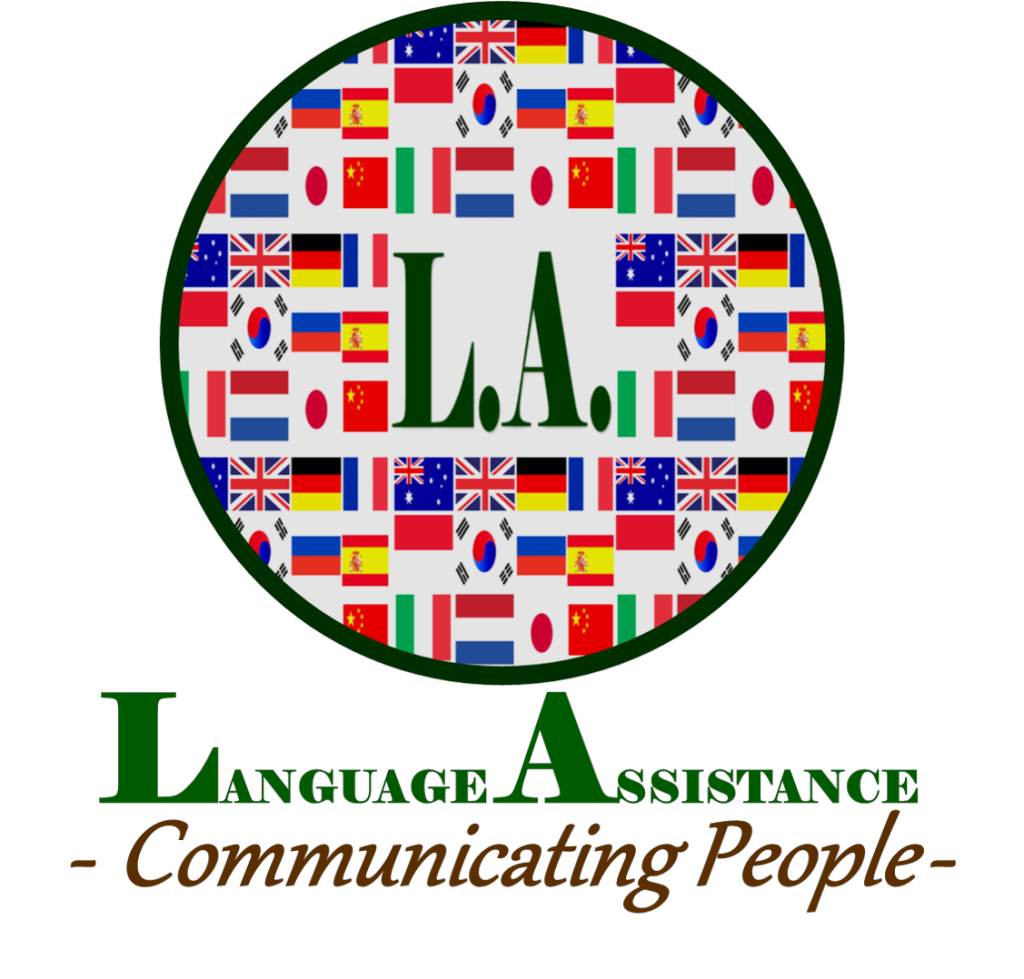About the Journal
Welcome to the Bali Journal of Hospitality, Tourism and Culture Research (BJHTCR), a dynamic platform dedicated to exploring the intricate and vibrant tapestry of human experience at the intersection of place, people, and passage. Bali Journal of Hospitality, Tourism and Culture Research is an esteemed publication from Language Assistance, Bali - Indonesia, accredited by the National Research and Innovation Agency (BRIN) of Indonesia with ISSN 3031-8580 (online).
As a journal born in Bali which a locus of profound cultural heritage and a world-renowned tourism destination, we recognize that understanding this field requires multiple lenses, diverse methodologies, and a conversation between different forms of knowledge. Therefore, we proudly and purposefully build our scholarly discourse upon three foundational pillars: Original Research, Review Articles, and Case Studies. Together, they form a synergistic framework that captures the past, present, and future of our disciplines.
1. Original Research Articles: Mapping the New Terrain
Our first pillar is dedicated to Original Research. These articles represent the vanguard of our field, where new questions are posed, and fresh empirical evidence is unearthed. They are the rigorous, data-driven explorations that test theories, model relationships, and reveal previously unknown patterns. When we publish an original study on the impact of digital nomadism on local communities, or the effects of sustainable certification on hotel performance, we are charting the unknown. This pillar ensures that BJHTCR remains at the cutting edge, contributing novel findings that push the boundaries of what we know about hospitality, tourism, and culture.
2. Review Articles: Synthesizing the Collective Wisdom
Our second pillar, Review Articles, provides the essential foundation upon which new knowledge is built. The rapid expansion of research in our field necessitates periodic moments of reflection and synthesis. Our review articles—be they systematic, narrative, or meta-analyses—serve as the compass and the cartographer’s map. They consolidate existing literature, identify dominant themes, expose methodological gaps, and illuminate the path forward. By publishing a comprehensive review of community-based tourism models or a meta-analysis of cultural tourism motivations, we provide scholars and practitioners with a consolidated state of the art, preventing redundant efforts and highlighting the most pressing questions that need answering.
3. Case Studies: Grounding Theory in Lived Reality
Our third pillar, Case Studies, roots our scholarship in the rich soil of real-world context. Hospitality, tourism, and culture are not abstract concepts; they are lived, managed, and experienced in specific places. The case study is our microscope, allowing for an in-depth, contextual examination of a single organization, destination, festival, or community. It is through these detailed narratives that grand theories are tested and nuanced understandings emerge. A case study on the recovery of a specific Balinese village after the pandemic, or the branding journey of a boutique hotel, provides invaluable, transferable insights that pure quantitative data might miss. This pillar ensures that BJHTCR remains relevant, practical, and deeply connected to the on-the-ground realities of our industry and cultural landscapes.
This scholarly journal disseminates academic research spanning a broad spectrum of topics including hotel and restaurant management, tourism marketing and policy, sustainable and alternative tourism practices, as well as in-depth cultural studies. It serves as an important platform for academics and professionals to explore and share insights on the dynamic interplay between tourism and culture.
PUBLICATION FREQUENCY
Bali Journal of Hospitality, Tourism and Culture Research publishes two (2) issues each year in June and December
PEER REVIEW
The article is peer-reviewed anonymously by two experts knowledgeable in the pertinent research topic before publication.
LANGUAGE
Bali Journal of Hospitality, Tourism and Culture Research accepts articles either in Indonesian or English
ARTICLE PUBLICATION CHARGE (APC)
Bali Journal of Hospitality, Tourism and Culture Research charges no APC
SUBMISSION PROCESS
Please create an account, log in, and submit.
CONTACT
Should there be any enquiries or problems in submitting articles, don't hesitate to contact the Managing Editor or directly to the Editor in Chief.
EMAILS:
Emails must be directly sent to bjhtcr@balilanguageassistance.com and copy carbon (CC) to bjhtcr@gmail.com for faster response.
TELEPHONE:
(+62) 08123926773
(+62) 0895602767732















